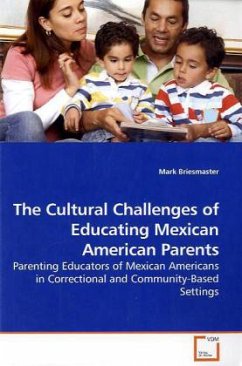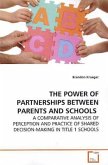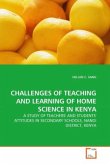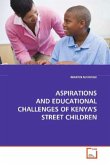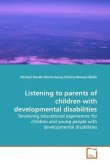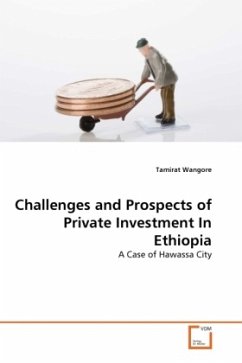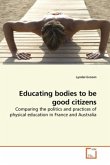As the Hispanic population in the U.S. continues to grow, numerous challenges associated with their cultural adjustment to the U.S. continue to surface. One such challenge involves the changing nature of the American experience on both Hispanic parents and their American-educated children. Differing expectations, coupled with the stresses on parents who are struggling to survive in a country where education and economic status are often lower than the majority, have combined to place both these parents and their children at risk. Too many parents end up in prison, while others get tangled in the social welfare system and are ordered or encouraged to attend classes on parenting either to recuperate their children or keep them. This qualitative study focuses on the role of the parenting educator of these classes within two distinct settings: the correctional facility and the community-based program. Research indicates that the correctional system is dominated by an assimilationist cultural philosophy while community-based programs utilize more balanced strategies to promote cultural integration.
Bitte wählen Sie Ihr Anliegen aus.
Rechnungen
Retourenschein anfordern
Bestellstatus
Storno

